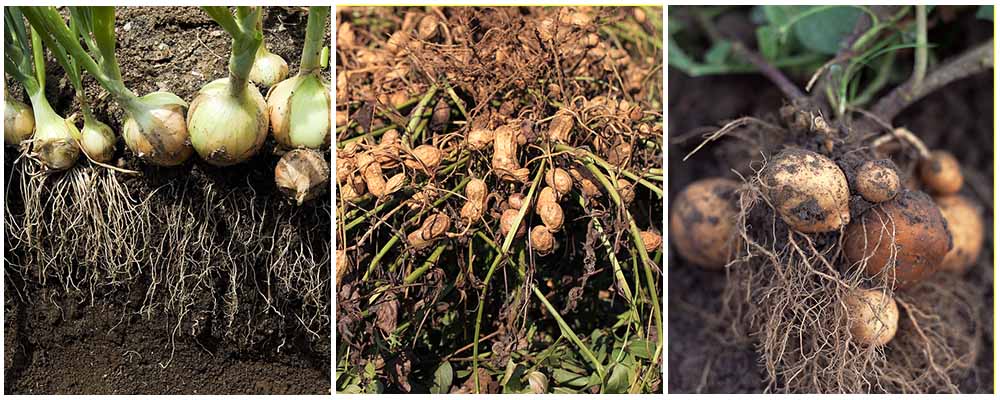
अगस्त . 11, 2024 03:16 Back to list
Understanding the Production Process of NPK Fertilizer Manufacturing Plants and Their Impact on Agriculture
The Rise of NPK Fertilizer Manufacturing Plants
NPK fertilizers, which contain nitrogen (N), phosphorus (P), and potassium (K), are essential for modern agriculture. These nutrients play a crucial role in plant growth, helping to increase yields and improve crop quality. With the growing global population and the increasing demand for food production, the need for efficient and effective fertilizers has never been more pressing. This has led to a significant rise in the establishment of NPK fertilizer manufacturing plants worldwide.
The Importance of NPK Fertilizers
The effectiveness of NPK fertilizers lies in their balanced nutrient composition. Nitrogen promotes vegetative growth, phosphorus supports root development and flowering, while potassium enhances overall plant health and resistance to diseases. These elements are vital for maximizing the potential of various crops, making NPK fertilizers a staple in agricultural practices.
With advancements in agricultural technology, farmers are seeking more precise nutrient applications. Innovations such as slow-release and variable rate technologies are being integrated into modern fertilizers, increasing efficiency and sustainability. As a result, NPK manufacturers are constantly evolving their products to meet the changing demands of the agricultural sector.
The Manufacturing Process
The manufacturing of NPK fertilizers involves several processes that transform raw materials into a product suitable for agricultural applications. Initially, the key nutrients—nitrogen, phosphorus, and potassium—are sourced from various materials like ammonia, phosphoric acid, and potassium chloride. These raw materials undergo a series of chemical reactions to create granulated fertilizers.
The production process often includes the following steps
1. Sourcing Raw Materials The initial stage involves sourcing high-quality raw materials from reliable suppliers. The selection of raw materials is critical, as it directly affects the nutrient content and overall effectiveness of the final product.
2. Chemical Reactions The raw materials are subjected to various chemical processes to produce the desired NPK formula. These reactions may vary depending on the specific ratios of nutrients required.
npk fertilizer menufractr plant factories

3. Granulation After the chemical reactions, the mixture is granulated to produce uniform granules. This stage is essential as it influences the solubility and application of the fertilizer.
4. Drying and Cooling The granulated product is then dried and cooled to ensure stability and prevent clumping during storage and shipping.
5. Quality Control Before the final product is packaged, it undergoes rigorous quality control tests to ensure it meets industry standards and provides the promised nutrient content.
6. Packaging and Distribution Finally, the fertilizers are packaged in appropriate sizes and distributed to retailers, wholesalers, and directly to farmers.
Environmental Considerations
While NPK fertilizers are vital for agricultural productivity, their production must be managed responsibly to mitigate environmental impacts. The manufacturing process can involve emissions of greenhouse gases and other pollutants. To address these concerns, many manufacturers are adopting cleaner production techniques, recycling waste materials, and exploring alternative sources of nutrients, such as organic inputs.
Furthermore, education on the proper application of NPK fertilizers is crucial in minimizing environmental harm. Over-application can lead to nutrient runoff, affecting water quality and local ecosystems. Thus, manufacturers and agricultural extension services work together to promote best practices among farmers.
Conclusion
NPK fertilizer manufacturing plants play a pivotal role in sustaining global food production. As agriculture becomes increasingly sophisticated, these plants must adapt to technological advancements and environmental challenges. By focusing on innovation and sustainability, the NPK fertilizer industry can continue to support farmers in meeting the growing demands of the world population, ensuring food security for future generations.
-
10-10-10 Organic Fertilizer - Balanced NPK Formula
NewsAug.02,2025
-
Premium Organic Manure Compost for Eco Gardens
NewsAug.01,2025
-
Organic 10-10-10 Fertilizer | Balanced Plant Nutrients
NewsJul.31,2025
-
Premium Amino Acid Fertilizer | Rapid Plant Growth Booster
NewsJul.31,2025
-
10 10 10 Fertilizer Organic—Balanced NPK for All Plants
NewsJul.30,2025
-
Premium 10 10 10 Fertilizer Organic for Balanced Plant Growth
NewsJul.29,2025
